Mike Bloomberg picking up loyal supporters that money can’t buy
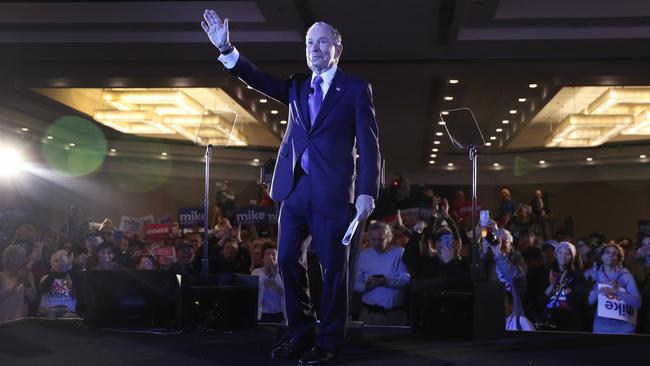
Watching the former New York mayor campaign in three Super Tuesday states, I think of sociologist Daniel Bell’s 1960 book, The End of Ideology. Bell argued that “we have witnessed an exhaustion of the 19th century ideologies”, which would give way to a politics focused on gradually improving lives through more effective administration.
Bell’s thesis amounts to the rationale for Bloomberg’s candidacy. In his Oklahoma City speech, Bloomberg distinguishes himself from “extremists on both sides”. In Bentonville, Arkansas, he asserts that unlike Donald Trump, he would “follow facts” and “respect data”.
Bloomberg’s performance on the stump varies but he keeps in check the self-regard that sometimes characterised his mayoralty. He says he’s running “a campaign for change, a campaign for sanity, for honesty, a campaign for inclusion and a campaign for human decency”. He swats aside his underwhelming debate performances.
Whether support for Bloomberg is broad enough to make him a viable candidate will be tested on Wednesday (AEDT) as 14 states hold primaries. But it’s clear at his campaign stops that he has real support.
But an anti-ideological attitude can easily entail affronts to ideologues. Bloomberg’s stop-and-frisk legacy has badly damaged him in the past two weeks. Videos from his time as mayor show him justifying the New York Police Department’s aggressive policy exactly as he promises to govern as president — by respecting data.
Bloomberg has apologised for stop-and-frisk, and some voters accept his change of heart.
Houston corporate banker Michael Hood, who is black, says he had second thoughts about Bloomberg as the issue surfaced and “the black press gave him a hard time”. But he sees the candidate’s January speech in Oklahoma addressing the 1921 Tulsa race massacre as evidence he is “paying attention to the black economic agenda”.
Hood also has practical reasons for supporting Bloomberg: he worries Trump would be able to cast Biden as “feeble, old, inarticulate” in a general election.

Bloomberg is also getting a hearing from voters further left — at least older ones. Nancy Cain describes herself as a “socialist at heart” who worked on water pollution for the state of Oklahoma for 35 years. Even though Bloomberg “was a Republican”, she says, a lot of her friends—“all social justice people”—are impressed by him, and she prefers his “demeanour” to Sanders: “I don’t like the screaming and yelling.”
Other voters are alarmed by the Democratic Party’s radical turn. “I could go for a few changes, but I don’t want no revolution,” says David Trevino, a truck driver in Oklahoma City who is an independent. “If I was ever to vote Democrat, the only way I would do it would be for Mike.”
The issue on which Bloomberg has most credibility with progressives is gun control — but this also underscores the tension between his technocratic approach and their ideological one. He spent $US60m on the issue in the 2018 mid-term elections, and gun violence features heavily in his 2020 advertising bombardment. Progressives tend to emphasise mass shootings.
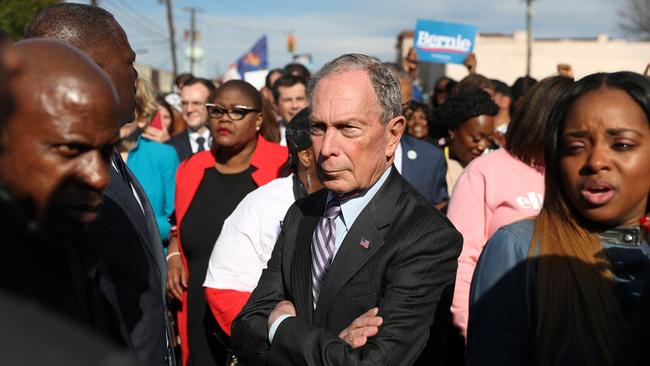
So does Bloomberg, but many of his campaigns ads also highlight less spectacular forms of gun violence — including one about a man whose mother committed suicide with a firearm, and several featuring African-Americans mothers who lost sons to small-scale shootings.
Preventing that kind of violence by targeting illegal gun possession was the objective of stop-and-frisk — but such enforcement of gun control in urban areas is increasingly anathema to progressives. They see gun control as more of a cultural issue to wield against red states.
Bloomberg practices what he preaches. His campaign is a model of nimble management. The candidate was in four states in a single day — Texas, Arkansas, Oklahoma and Tennessee — with teams of 20-somethings, dozens strong, readying each event area.
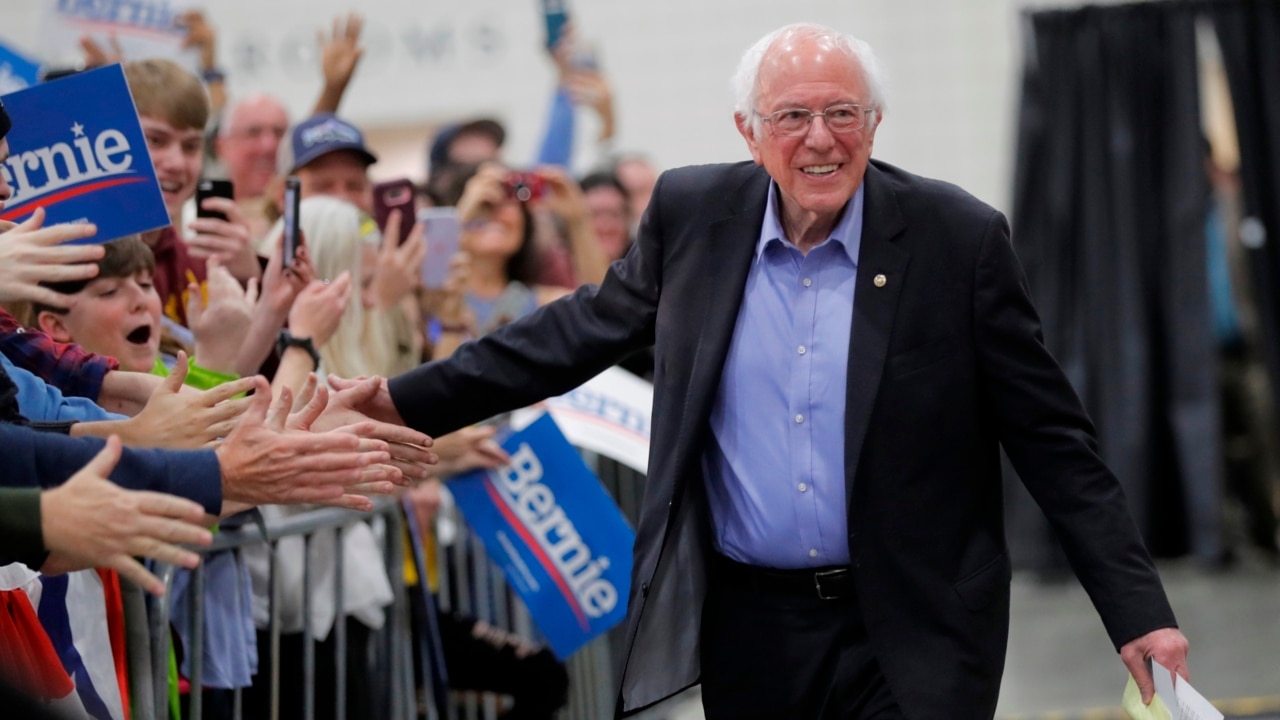
A well-managed campaign isn’t cheap, and the vast sums Bloomberg is spending point to another centre v left divide. Many Democrats see his personal wealth as a distortion of the political system — Elizabeth Warren accuses him of trying to “buy a nomination”. It’s a tempting criticism. Yet watching his mostly older, professional-class supporters assemble by the hundreds is a reminder that money can’t buy loyalty. Even the biggest advertising juggernaut has no effect if the “product” is without appeal.
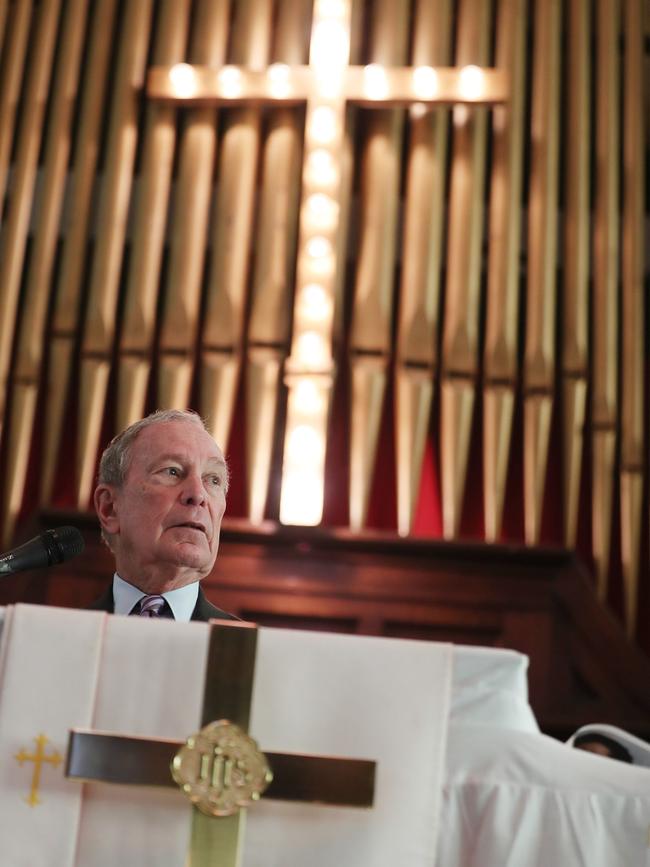
Supporters see Bloomberg’s fortune as an advantage. It means, they say, he doesn’t have to answer to big-money politics. Similarly, Trump sometimes suggested that his 2016 primary rivals, who had to do more fundraising than he did, were bought off.
With his eponymous trading terminals, Bloomberg made his billions accelerating the delivery of data to financial markets. Political information, too, moves faster than it once did; previously radical ideas can quickly colonise the mainstream. The question for Bloomberg and his opponents is whether the boring promise of competent governance can compete with the exciting ideological certainties of Marxist economics and identity politics.
Polls are close in many Super Tuesday states. It will be the first time Bloomberg faces voters outside New York. A weak performance would end his political career. A strong one could leave him as the last man standing against Sanders. That would produce the most intense battle in decades for the soul of one of America’s political parties.
The Wall Street Journal

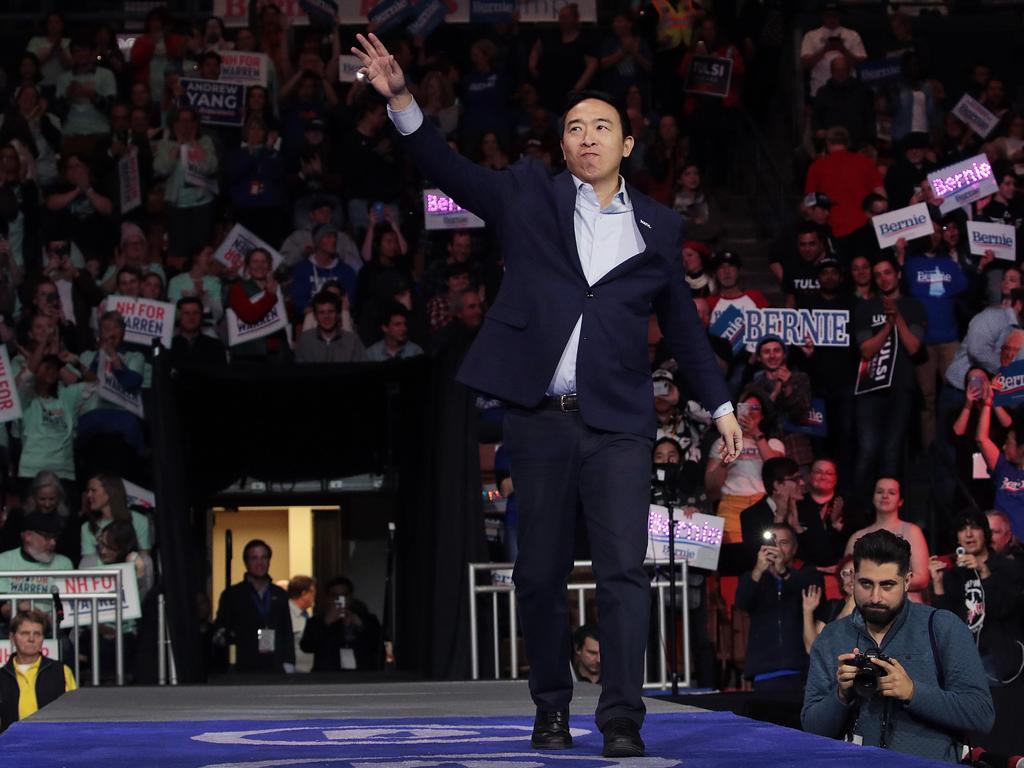

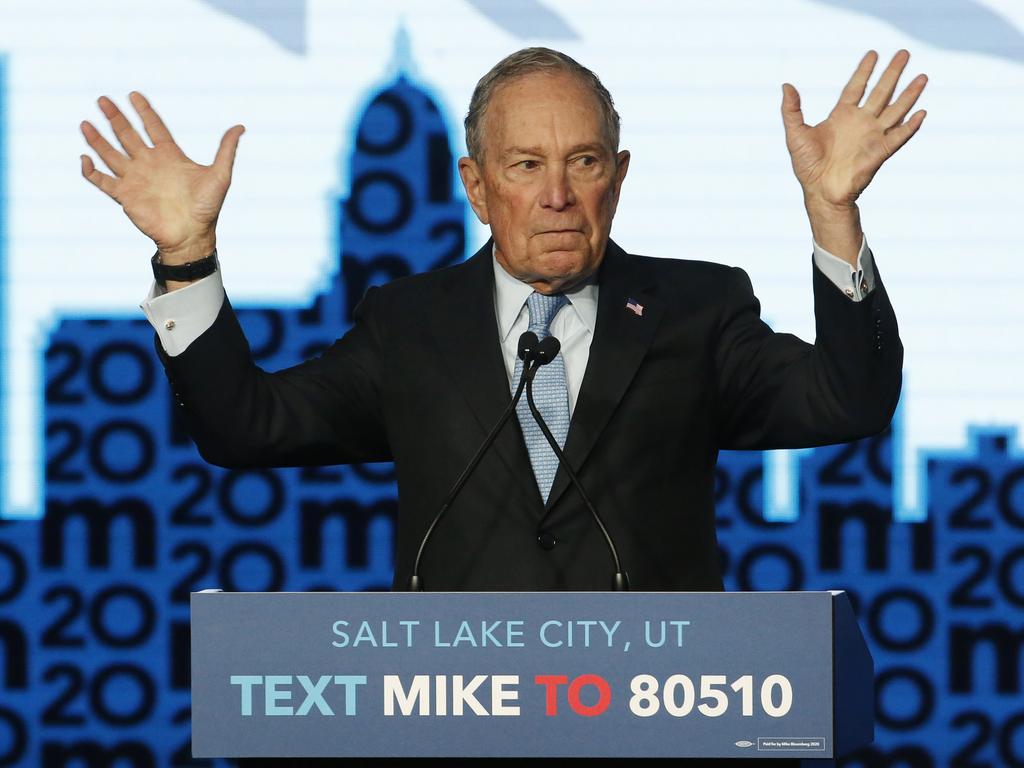
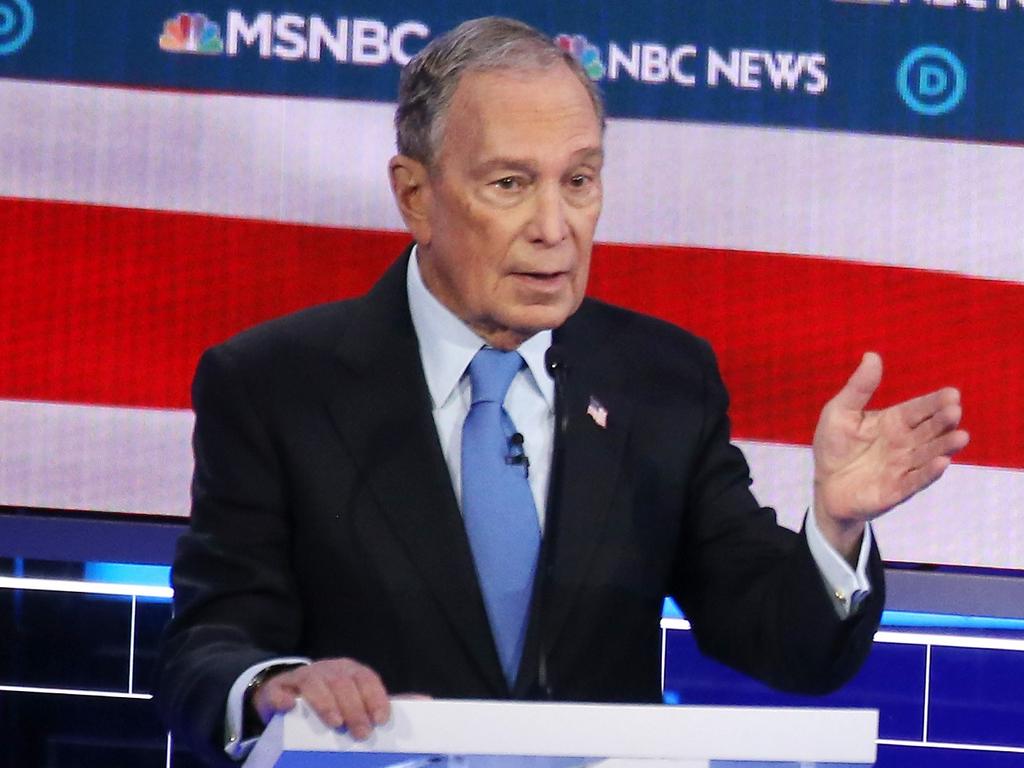


Mike Bloomberg and Joe Biden are the two most credible alternatives to a socialist takeover of the Democratic Party. Ideological passions are running high in the party as a young new left asserts itself. But you wouldn’t know it from listening to Bloomberg’s stump speeches.